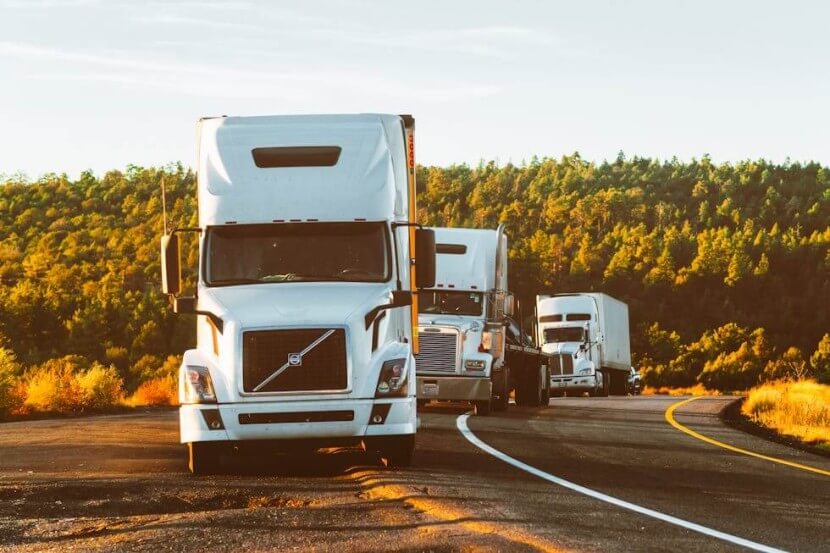| aussteigen |
Wir müssen an der nächsten Haltestelle aussteigen. |
We need to get off at the next stop. |
| das Auto |
Mein Vater fährt ein rotes Auto. |
My father drives a red car. |
| der Bahnhof |
Der Zug kommt am Hauptbahnhof an. |
The train arrives at the main station. |
| das Boot |
Wir machen eine Fahrt mit dem Boot. |
We are taking a ride on the boat. |
| der Bus |
Der Bus kommt alle zehn Minuten. |
The bus comes every ten minutes. |
| einsteigen |
Bitte einsteigen, die Türen schließen. |
Please get in, the doors are closing. |
| fahren |
Er kann schon Auto fahren. |
He can already drive a car. |
| das Fahrrad |
Ich fahre jeden Tag mit dem Fahrrad zur Arbeit. |
I ride my bicycle to work every day. |
| der Fahrgast |
Die Fahrgäste warten auf den Zug. |
The passengers are waiting for the train. |
| die Fahrkarte |
Haben Sie eine Fahrkarte gekauft? |
Did you buy a ticket? |
| der Fahrer / die Fahrerin |
Der Fahrer öffnet die Bustür. |
The driver opens the bus door. |
| fliegen |
Morgen fliegen wir nach Berlin. |
Tomorrow we fly to Berlin. |
| gehen |
Wir gehen zu Fuß nach Hause. |
We are walking home. |
| die Haltestelle |
Die Haltestelle ist direkt vor dem Hotel. |
The stop is right in front of the hotel. |
| der Hubschrauber |
Der Hubschrauber landet auf dem Dach. |
The helicopter lands on the roof. |
| die Kutsche |
In der Stadt kann man mit der Kutsche fahren. |
You can ride a carriage in the city. |
| der LKW (Lastkraftwagen) |
Der LKW transportiert Waren. |
The truck transports goods. |
| langsam |
Der Zug fährt heute sehr langsam. |
The train is moving very slowly today. |
| laufen |
Die Kinder laufen im Park. |
The children are running in the park. |
| das Motorrad |
Er fährt gern Motorrad. |
He likes riding a motorcycle. |
| der Roller |
Sie fährt mit dem Roller zur Schule. |
She rides a scooter to school. |
| schnell |
Das Auto fährt sehr schnell. |
The car is driving very fast. |
| das Schiff |
Das Schiff segelt über das Meer. |
The ship sails across the sea. |
| die Straßenbahn |
Die Straßenbahn hält an der nächsten Ecke. |
The tram stops at the next corner. |
| umsteigen |
Wir müssen in Köln umsteigen. |
We have to transfer in Cologne. |
| die U-Bahn |
Die U-Bahn ist oft schneller als der Bus. |
The subway is often faster than the bus. |
| der Zug |
Der Zug fährt um 8 Uhr ab. |
The train departs at 8 o’clock. |


